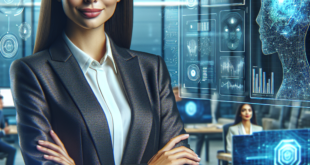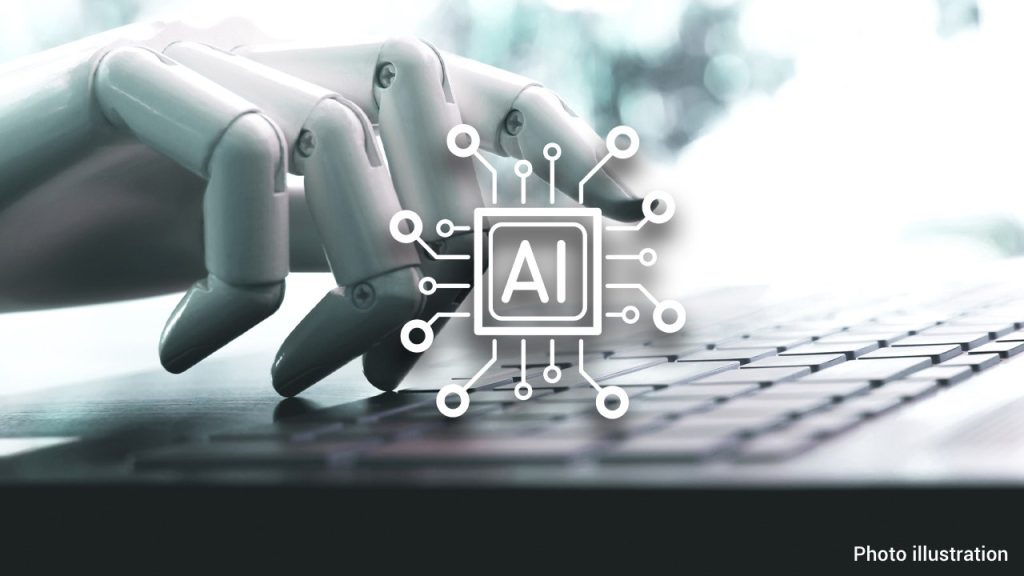
Many experts worry that the rapid development of artificial intelligence may have unforeseen disastrous consequences for humanity.
Machine learning technology is designed to assist humans in their everyday life and provide the world with open access to information.
However, the unregulated nature of AI in its current state could lead to harmful consequences for its users and the world as a whole. Read below to find out the risks of AI.
CHATGPT AND HEALTH CARE: COULD THE AI CHATBOT CHANGE THE PATIENT EXPERIENCE?
Why are we so afraid of AI?
The emergence of artificial intelligence has led to feelings of uncertainty, fear, and hatred toward a technology that most people do not fully understand. AI can automate tasks that previously only humans could complete, such as writing an essay, organizing an event, and learning another language. However, experts worry that the era of unregulated AI systems may create misinformation, cyber-security threats, job loss, and political bias.
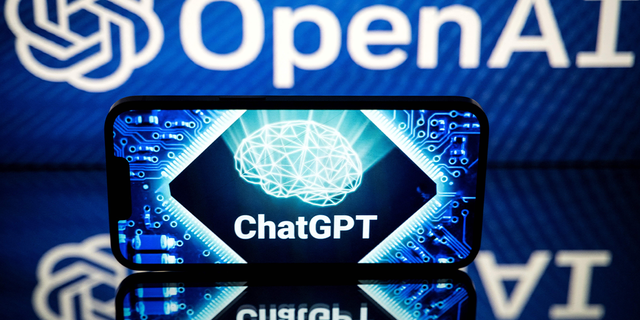
Experts worry that programs such as ChatGPT may spread misinformation and be programmed with a political bias. (Photo by LIONEL BONAVENTURE/AFP via Getty Images))
For instance, AI systems can articulate complex ideas coherently and quickly due to large data sets and information. However, the information used by AI to generate responses tends to be incorrect because of the inability of AI to distinguish valid data. The open-access usage of these AI systems may further promote this misinformation in academic papers, articles, and essays.
In addition, the algorithms that compose the operational capabilities of artificial intelligence are built by humans with certain political and social biases. If humanity becomes reliant on AI to seek out information, then these systems could screw research in a way that benefits one side of the political aisle. Certain AI chat programs, such as ChatGPT, have faced allegations of operating with a liberal bias by refusing to generate information about Hunter Biden’s laptop scandal.
ARTIFICIAL INTELLIGENCE FAQ
Is artificial intelligence dangerous?
Artificial intelligence poses many advantages to humans, including streamlining simple and complex everyday tasks, and can act as a ready-to-go 24/7 assistant; however, AI does have the potential to get out of control. One of the dangers of AI is its ability to be weaponized by corporate entities or governments to restrict the rights of the public. For example, AI has the capability of using the data of facial recondition technology to track the location of individuals and families. China’s government regularly uses this technology to target protesters and those advocating against regime policies.
Moreover, artificial intelligence offers a wide range of advantages to the financial industry by advising investors on market decisions. Companies use AI algorithms to help build models that predict future market volatility and when to buy or sell stocks. However, algorithms do not use the same context that humans use when making market decisions and do not understand the fragility of the everyday economy.
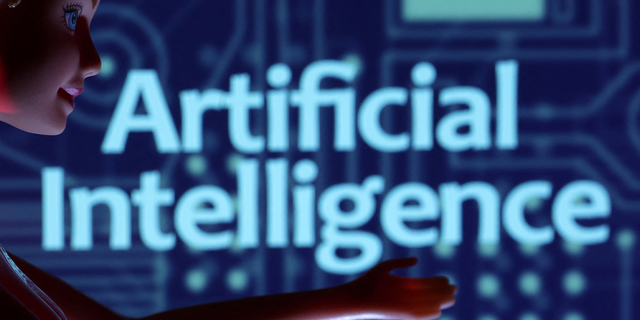
Companies using artificial intelligence to filter out applicants during the hiring process may lead to discrimination. (REUTERS/Dado Ruvic/Illustration)
AI DATA LEAK CRISIS: NEW TOOL PREVENTS COMPANY SECRETS FROM BEING FED TO CHATGPT
AI could complete thousands of trades within a day to help boost profits but may contribute to the next market crash by scaring investors. Financial institutions need to have a deep understanding of the algorithms of these programs to ensure there are safety nets to stop AI from overselling stocks.
Religious and political leaders have also noted how the rapid development of machine learning technology can lead to a degradation of morals and cause humanity to become completely reliant on artificial intelligence. Tools such as OpenAI’s ChatGPT may be used by college students to forge essays, thus making academic dishonesty easier for millions of people. Meanwhile, jobs that once gave individuals purpose and fulfillment, as well as a means of living, could be erased overnight as AI continues to accelerate in public life.
In what situations could AI be dangerous to humans?
Artificial intelligence can lead to invasion of privacy, social manipulation, and economic uncertainty. But another aspect to consider is how the rapid, everyday use of AI can lead to discrimination and socioeconomic struggles for millions of people. Machine learning technology collects a trove of data on users, including information that financial institutions and government agencies may use against you.
A common example is a car insurance company raising your premiums based on how many times an AI program has tracked you using your phone while driving. In the employment arena, companies may use AI hiring programs to filter out the qualities they want in the candidates. This may exclude people of color and individuals with fewer opportunities.
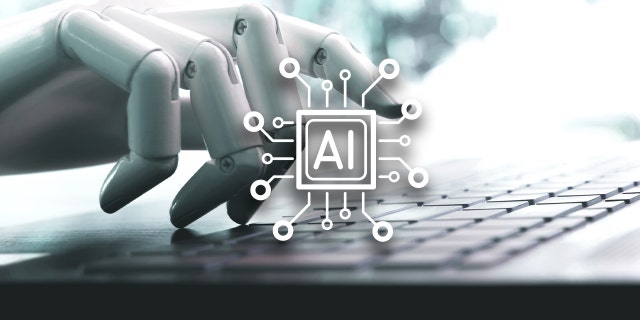
Over the last few years, the use and popularity of AI has grown rapidly across the world. (iStock)
CLICK HERE TO GET THE FOX NEWS APP
The most dangerous element to consider with artificial intelligence is that these programs do not make decisions based on the same emotional or social context as humans. Although AI may be used and created with good intentions, it could lead to the unforeseen dangers of discrimination, privacy abuse, and rampant political bias.
What are the real-life risks of AI?
Artificial intelligence poses several real-life risks to individuals across the class spectrum in the United States, including economic uncertainty and legal trouble. For example, in February 2023, Getty Images, one of the world’s largest online photography companies, filed a lawsuit against Stability AI, a popular text-to-machine learning generator. AI is largely unregulated by the federal government, however, Getty’s lawsuit could potentially set the legal framework for machine learning via the court system. Therefore, many legal risks exist for AI generators backed by multi billion-dollar companies.
Other risks of AI include dealing with a faulty AI navigation system that leads you in the wrong direction and makes you late for an appointment or significant event. Self-driving cars operate on a complex machine learning technology and are utilized by automobile companies such as Tesla. These AI cars have malfunctioned in the past and caused accidents that have led to serious injury and death.
What are the hypothetical risks of AI?
The economic devastation resulting from the accelerated development of artificial intelligence has the potential to change the lives of millions of lower and upper-income families forever. For instance, Goldman Sachs released a report in March 2023 that predicted that AI could potentially eliminate 300 million around the world, including 19% of existing jobs in the United States.
What are the privacy risks of AI?
Artificial intelligence is prevalent in the lives of millions of people through a variety of different technologies, including products such as Apple’s Siri, Amazon’s Alexa, and Microsoft’s Cortana. Personal data collection is regularly used by these AI assistants in order to operate effectively.
One concern with AI would be governments or private corporations using this technology to exploit, investigate, or monitor private citizens. Authoritarian countries such as China already abuse various other technology services to track domestic political dissidents and eliminate democratic threats to the regime. Others are concerned that a potential data breach or hacking scandal could expose the personal financial information of millions.

 Latest Breaking News Online News Portal
Latest Breaking News Online News Portal



